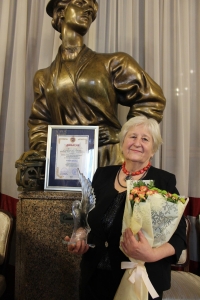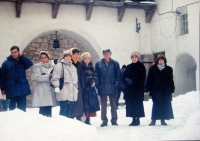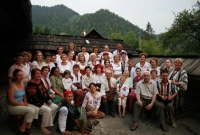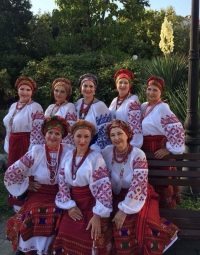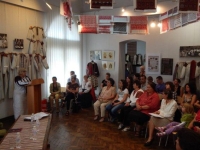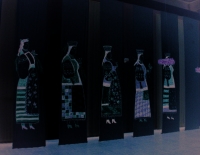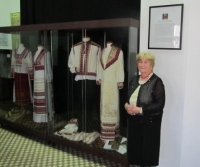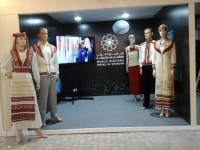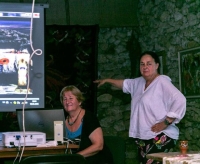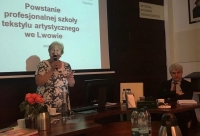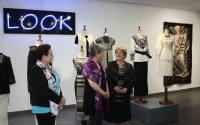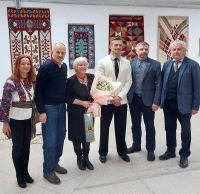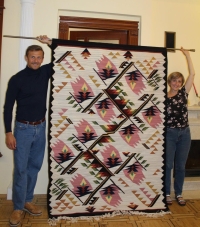Art is a very powerful weapon that holds you together

Download image
Zenovia Shulha (née Halan) is a Ukrainian artist in the field of textile art, ethnographer, and professor at the Lviv National Academy of Arts. She was born on January 23, 1952, in the ancient town of Hlyniany in Lviv region. During her studies at the Lviv Art School affiliated with the Artists’ Union, she had the opportunity to become acquainted with the works of leading representatives of the Ukrainian and international avant-garde, infamous in the USSR. In 1974, she successfully graduated from the Lviv State Institute of Applied and Decorative Arts (now Lviv National Academy of Arts) and joined the textile art department, where she started working in 1981. After completing her education, she worked for five years at the Hlyniany Art Products Factory “Peremoha”, mastering all the nuances of artistic weaving techniques. She became the initiator and driving force behind the revival of the traditional Hlyniany carpet weaving and the inspirational figure for international textile art plein-airs. She not only researched the technology of pre-war Hlyniany carpet weaving but also received the craft’s secrets firsthand from her older relatives. As an art historian, she brought the names of world-renowned artists back into the history of pre-war Hlyniany carpet weaving. She is also known as the author of woven clothing in ethnostyle and a researcher of folk costumes. She is the creator of tapestries, carpets, and bedspreads, which are preserved in museums both in Ukraine and abroad. In 1986, she was nominated for the National Taras Shevchenko Award for her ethnographic costumes for the renowned Veriovka State Academic Folk Choir. She is the author of numerous artistic, research, and educational projects, as well as a range of art historical studies, catalogs, and monographs. She serves as the chair of the Textile Art Section of the National Union of Artists of Ukraine. She is a mother of four daughters.
